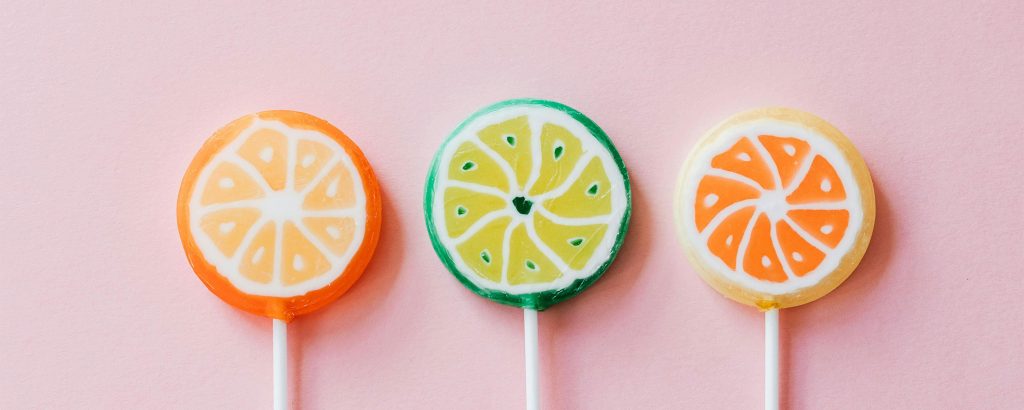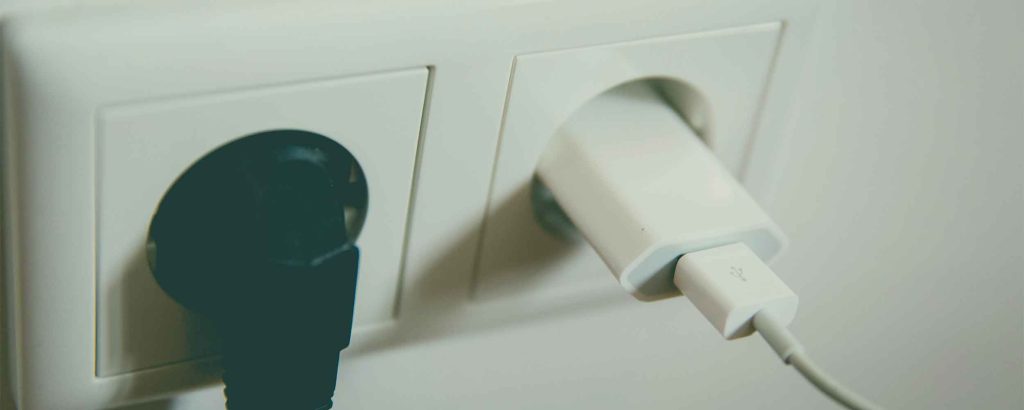Website Hosting is More Than Storage Space

Website hosting isn’t just about having enough storage. Great hosting impacts your site’s speed, security, reliability, and performance. From SSL certificates and backups to uptime guarantees and malware protection, the right hosting provider gives your business peace of mind and a strong foundation for online success. Don’t settle for basic—your website deserves a host that supports its growth.
Why Elementor Outshines WP Bakery

Elementor and WP Bakery are both popular WordPress builders, but Elementor stands out with its user-friendly interface, flexibility, and design capabilities. It allows for real-time edits, cleaner code, and faster load times—making it a favorite for both developers and non-tech users. If you’re looking to build or manage a site with ease and creative freedom, Elementor is the clear winner.
Website Security Isn’t a Choice—It’s a Must

In today’s digital world, website security isn’t optional. Hackers don’t just target big businesses—small sites are often easier targets. Strong security protects your data, your visitors, and your reputation. From SSL certificates and backups to malware protection and updates, investing in security is essential to keeping your website safe and building trust with your audience.
A Website Alone Won’t Get You Customers

Having a website is important, but it won’t magically bring in customers. To make it work for your business, you need marketing—like SEO, social media, and email campaigns—to drive traffic. Your website is a tool, not the whole toolbox. Combine it with consistent, strategic promotion and you’ll start seeing real results.
Website Hosting, Email Hosting, and Domain Name Registration

Hosting, email, and domain names are the foundation of your website—but they’re not all the same thing. Knowing the role each plays helps you make smarter decisions and avoid common tech headaches. Whether you’re launching a new site or cleaning up your setup, understanding how these pieces work together can save time, prevent confusion, and keep your online presence running smoothly.
Troubleshooting Elementor: Why Google Chrome Works Best

If you’re using Elementor to build or update your WordPress site and are running into glitches, you’re not alone. Elementor is one of the most popular and user-friendly page builders out there, but like any tool, it works best under the right conditions. If you’ve been frustrated by elements not loading correctly, widgets not dragging, or changes not saving, the browser you’re using might be part of the problem. The good news? Fixing these issues is often as simple as switching to Google Chrome.
Right Colors for Your Website Design

Color plays a powerful role in your website’s look and feel. It affects how users perceive your brand and influences their behavior. Choosing the right colors means more than just picking your favorites—it’s about aligning with your brand’s message, ensuring readability, and creating visual harmony. Thoughtful color choices help your site feel professional, trustworthy, and uniquely you.
Improve Your SEO Without Spending a Fortune

Search Engine Optimization (SEO) can often feel like an overwhelming and expensive undertaking, especially for small business owners. But here’s the good news: improving your website’s SEO doesn’t have to break the bank. There are plenty of simple and cost-effective strategies that you can implement to help your site rank higher in search results and attract more visitors. Here are five easy ways to improve your website’s SEO without spending a fortune:
Too Many Plugins is a Bad Idea

Plugins are a critical part of WordPress’s flexibility and functionality. With over 60,000 plugins available, they make it possible to customize your site in virtually any way you can imagine. However, just because you can install a plugin doesn’t mean you should. In fact, having too many plugins on your WordPress site can lead to significant issues.

